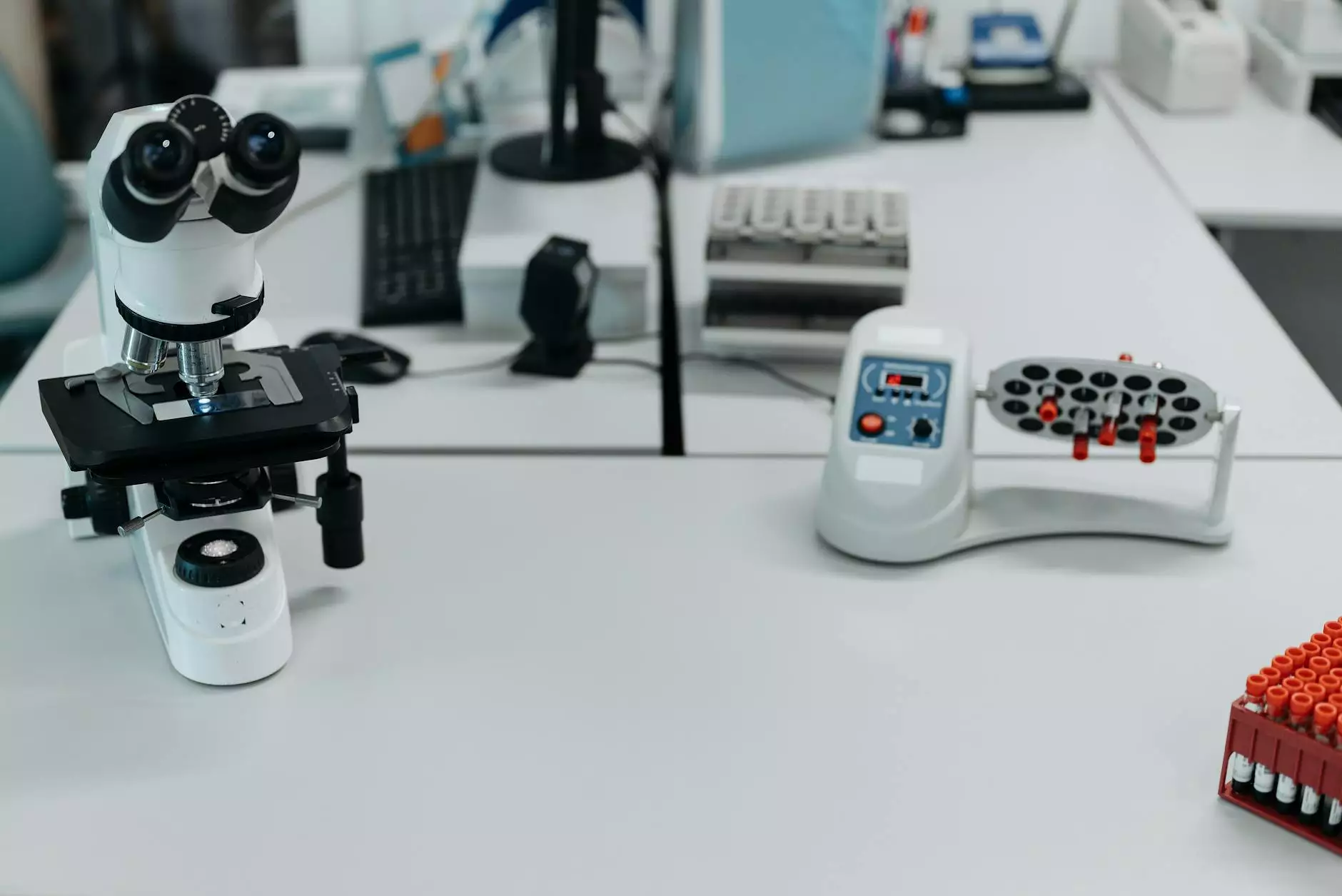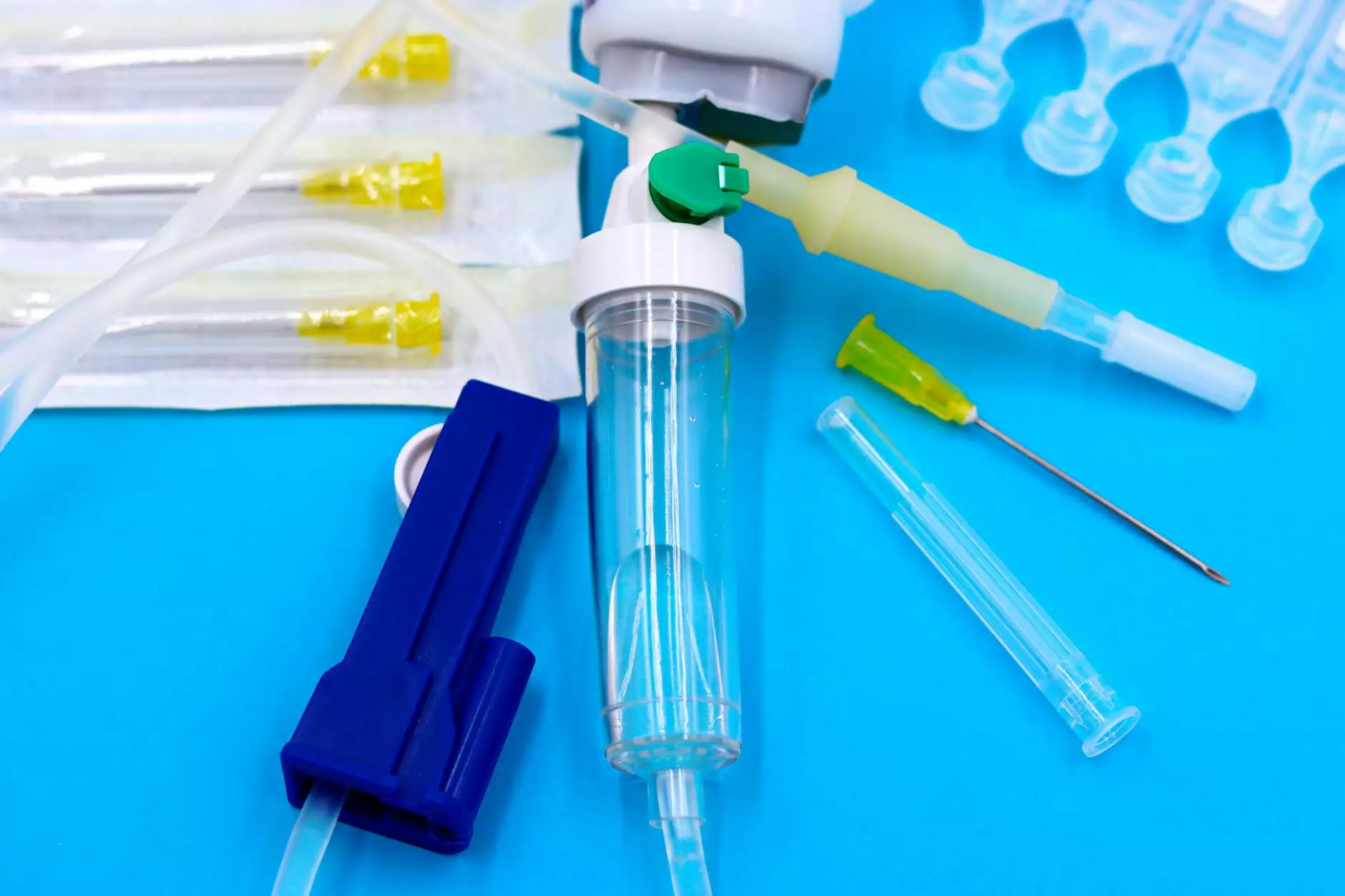The Importance of 24 Hour Medical Centres in Modern Healthcare

In the fast-paced world we live in, healthcare accessibility has become more crucial than ever. The emergence of 24 hour medical centres has revolutionized how we approach urgent healthcare needs. These facilities are designed to provide immediate medical attention to patients, ensuring that health issues don't escalate due to a lack of timely care. This article delves into the various services offered by 24 hour medical centres, highlighting their importance and how they cater to a variety of urgent medical needs.
Understanding 24 Hour Medical Centres
A 24 hour medical centre is a healthcare facility that operates around the clock, providing immediate treatment for a wide range of medical issues. Unlike traditional hospitals, these centres are often more accessible, offering a convenient option for individuals who need urgent medical assistance without the long wait times typically associated with emergency rooms.
Why Choose a 24 Hour Medical Centre?
The decision to seek medical help can sometimes be overwhelming, particularly when faced with urgent health concerns. Choosing a 24 hour medical centre offers several benefits:
- Accessibility: Open 24/7, these centres provide care when you need it most.
- Shorter Wait Times: Compared to emergency hospitals, patients often experience significantly shorter wait times.
- Comprehensive Services: Many centres offer a variety of services, from diagnostics to specialized care.
- Affordability: They can be a cost-effective option for urgent care needs.
- Convenience: Ideal for busy lifestyles, they cater to individuals who may need medical attention outside standard business hours.
Services Offered at 24 Hour Medical Centres
24 hour medical centres provide a comprehensive range of services to cater to diverse medical needs. Here’s a detailed overview:
Urgent Care Services
These centres excel at providing immediate care for non-life-threatening conditions, such as:
- Minor Injuries: Sprains, fractures, and minor cuts.
- Illnesses: Cold, flu symptoms, and infections.
- Allergy Reactions: Quick treatment for allergic reactions.
Diagnostic Services
In-house diagnostic services allow for quick evaluations and decisions regarding treatment. Commonly available diagnostics include:
- X-rays: Essential for diagnosing bone fractures and certain infections.
- Blood Tests: Used to diagnose a variety of conditions quickly.
- Urinalysis: Helps in detecting urinary tract infections and other issues.
Spine Surgery and Related Services
Many 24 hour medical centres partner with specialized spine surgeons to provide:
- Consultations: Immediate consultations for patients experiencing back pain.
- Minimally Invasive Procedures: Many centres can offer non-surgical interventions for back pain relief.
- Post-operative Care: Follow-up care for patients who have undergone spine surgeries.
The Role of Technology in 24 Hour Medical Centres
Technology plays a crucial role in the functioning of 24 hour medical centres. From electronic health records to advanced diagnostic tools, the integration of technology improves patient outcomes. Here are some notable advancements:
Telemedicine Integration
With the rise of telehealth services, many centres now offer virtual consultations, allowing patients to receive medical advice from the comfort of their homes. This service is especially beneficial for those who may not need in-person care but require professional medical guidance.
Advanced Diagnostic Equipment
Investing in state-of-the-art diagnostic equipment ensures that 24 hour medical centres can provide accurate and quick diagnoses. Examples include:
- CT Scans: For detailed imaging and rapid diagnostics.
- Ultrasound Machines: Utilized for various diagnostic procedures.
Patient-Centric Care in 24 Hour Medical Centres
The essence of any healthcare facility lies in its approach to patient care. 24 hour medical centres strive to deliver compassionate, personalized care tailored to each patient's needs.
Holistic Approach
Healthcare providers in these centres often adopt a holistic approach, ensuring that they treat not only the symptoms but also address the underlying causes of health issues. This can involve:
- Creating individualized care plans.
- Offering preventative care advice.
- Engaging in follow-up care and monitoring recovery.
Feedback and Continuous Improvement
Patient feedback is vital to improving services. 24 hour medical centres actively encourage patients to share their experiences, which helps in refining their operations and enhancing service quality.
The Future of 24 Hour Medical Centres
As healthcare continues to evolve, the role of 24 hour medical centres will likely expand. Future developments may include:
- Enhanced Telehealth Services: Further integration of virtual care options.
- Broader Service Ranges: Expansion into more specialized fields of medicine.
- Community Outreach Programs: Initiatives aimed at educating the public on urgent care options and preventative health.
Challenges Ahead
Despite their significant contributions, 24 hour medical centres face challenges such as:
- Healthcare Regulations: Adhering to changing regulations can be complex.
- Competitive Landscape: As demand grows, competition from other urgent care providers may increase.
- Staffing Shortages: Recruiting and retaining skilled professionals is crucial for maintaining quality care.
Conclusion
24 hour medical centres play a pivotal role in providing essential healthcare services that meet the demands of modern life. By offering immediate access to care, advanced diagnostic services, and specialized treatments, they serve as a vital component of the healthcare ecosystem. As these centres evolve, their commitment to patient-centric care will ensure that they continue to meet the needs of individuals and families seeking urgent medical assistance. For anyone in need of prompt and efficient healthcare solutions, a 24 hour medical centre can be a reliable choice, offering peace of mind at any hour of the day.









